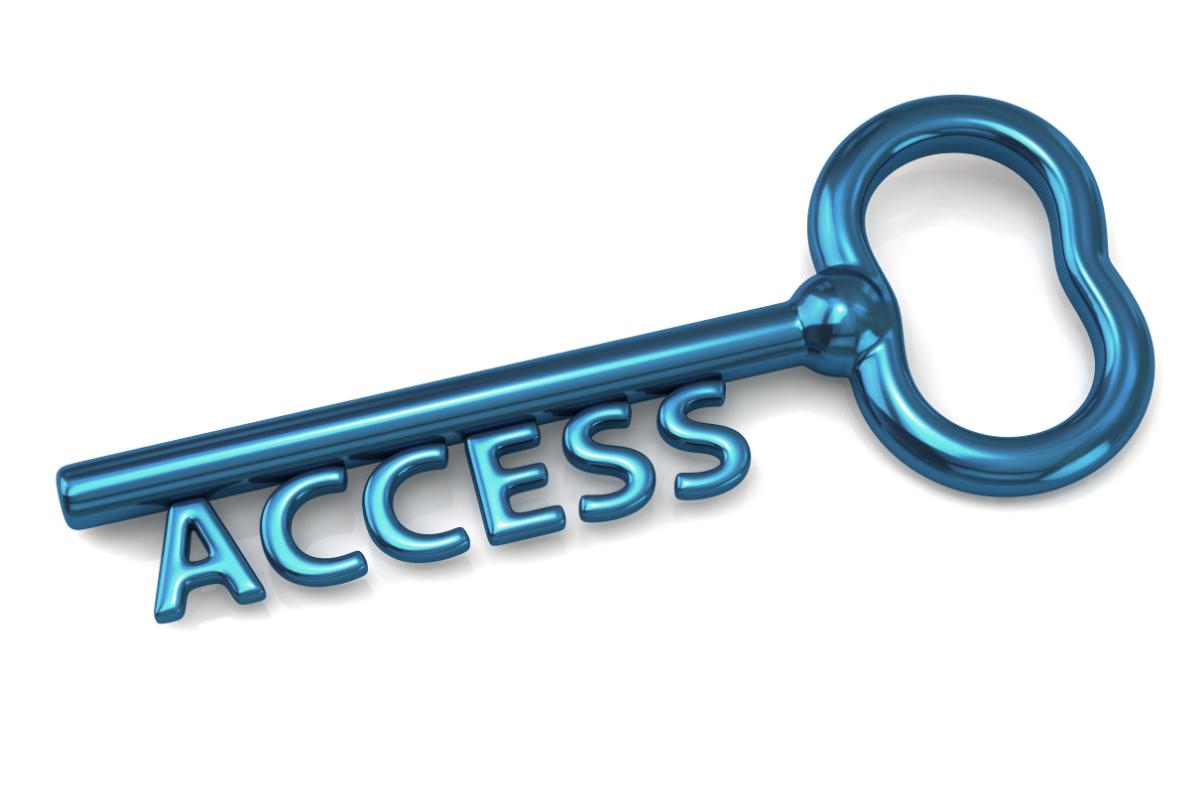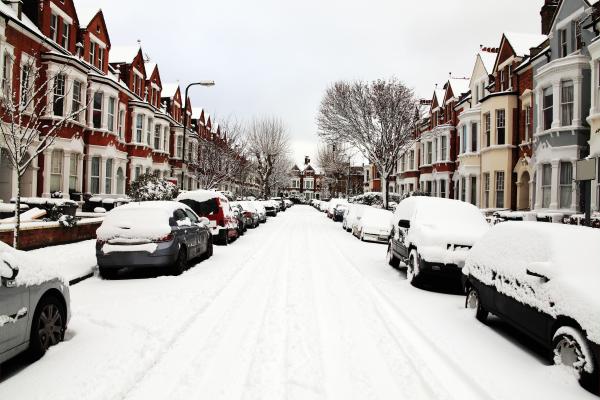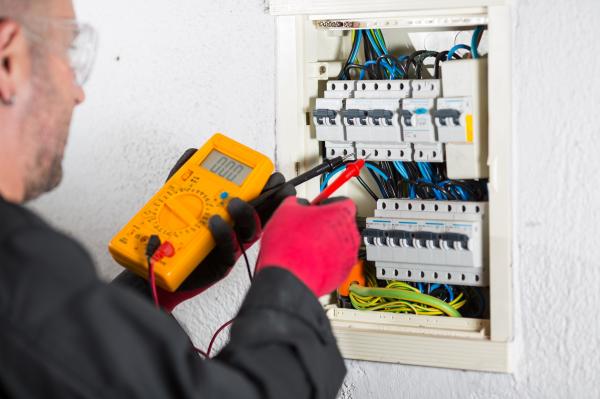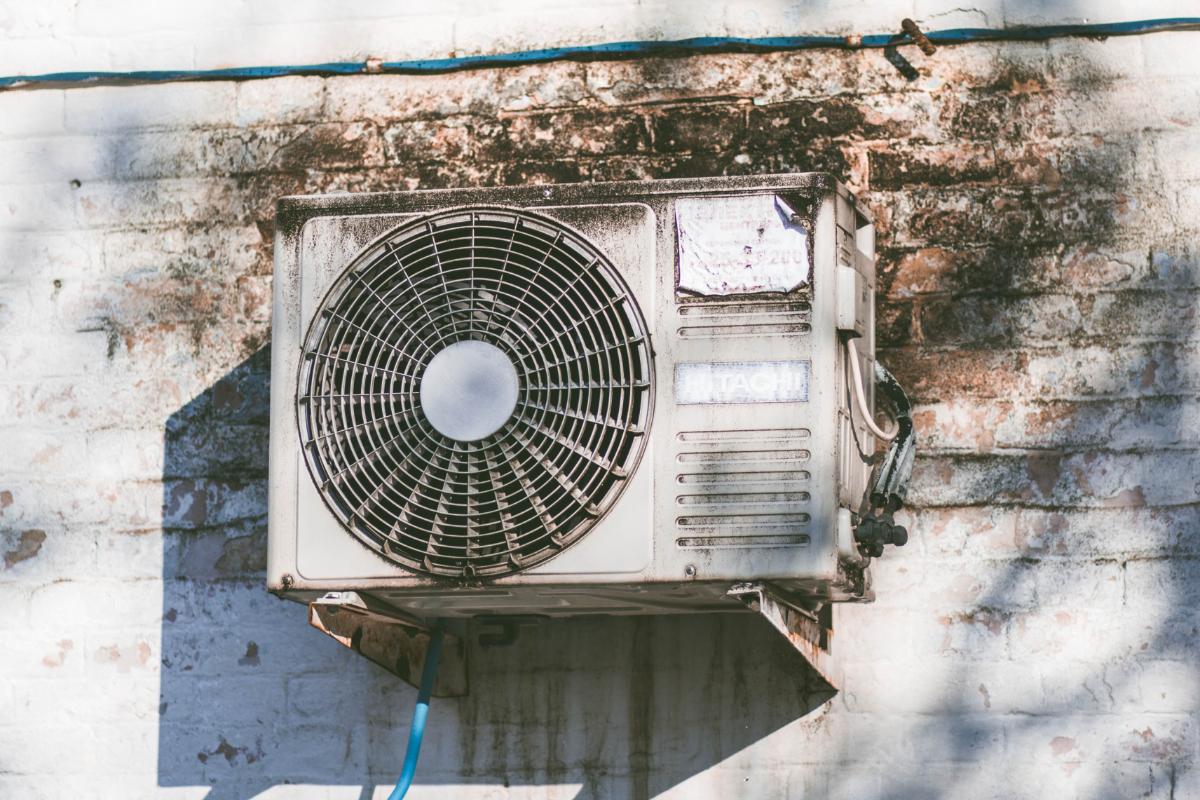
When the landlord-tenant relationship is running smoothly, accessing your property should be a straightforward request regardless of the reason.
But sometimes a tenant may refuse access which can cause friction and even lead to eviction.
The current pandemic adds an extra potential complication to this issue. What should you do if a tenant is self-isolating? Do you need to take extra measures when making a scheduled visit?
Here we explain the ins and outs of accessing your property in the days of COVID-19 and what to do if a tenant refuses to let you in.
When can landlords access a property?
You’ll want to enter your rental property when you need to do any of the following:
an annual gas safety check
an electrical inspection
planned maintenance
essential repairs
regular inspections on the property’s condition
improvements which aren’t classed as repairs
These reasons should be clearly detailed in all tenancy agreements and you should always give at least 24 hours’ notice to your tenant before visiting, preferably more. This timescale could easily be shorter when urgent, emergency repairs are required.
It’s also advised to suggest a reasonable time of day to your tenant that’s mutually convenient and won’t disrupt their right to quiet enjoyment. This protects the tenant from being disturbed unreasonably with unnecessary or unannounced visits.
What to do if your tenant refuses access
Your tenant has legal rights to live in the property as their home. This means they must agree to give access before you enter the premises. Yes, you own it, but the tenant’s rights are protected, making it illegal to turn up unannounced, harass them for access or force entry.
Alongside their safeguards, you’re legally obliged to carry out repairs and maintenance, including the all-important gas and electricity checks. Not doing these could also invalidate the terms of your insurance or buy-to-let mortgage.
These combined rights can sometimes cause an impasse: you want access to perform essential checks but your tenant is refusing entry.
There are various reasons why a tenant may refuse a request to access their rented property. Maybe they’ve fallen behind in the rent and feel awkward about it, maybe they know the property isn’t in the condition it should be in and want to conceal it. On the other hand, maybe they’ve felt harassed by their landlord or disgruntled that a maintenance issue hasn’t been addressed.
So what should you do?
Follow the legal protocol
The single most important thing is to understand all the relevant legislation and stick to it. So don’t turn up at the property without letting your tenant know, don’t let yourself in without their permission and don’t keep calling them multiple times a day as this could be construed as harassment. Doing everything by the book is crucial to reaching an amicable outcome, no matter how frustrating the situation may be.
Communicate with your tenant
Armed with this legal knowledge, the next step in your strategy is clear communication. As with all aspects of the landlord-tenant relationship, open communication is often the key to resolving tricky situations.
Make all reasonable efforts to inform your tenant why you need access. Explain that gas and electricity checks are a legal obligation and ultimately done for their own safety. Stress the importance of maintaining the property to a certain standard to make it as comfortable a home for them as possible.
You can also mention the liability for costs to the tenant if the property deteriorates because of the lack of access. And that you’ll no longer be responsible for any injury or damage caused by something that needs repairing.
Keep a copy of all communication, both letters and emails, in case this is needed later as evidence. Email is the best option as it keeps a digital paper trail.
If your pleas continue to fall on deaf ears, you can mention the possibility of legal action. This is often all it takes to persuade a tenant to change their mind.
Take legal action
If the threat of legal action doesn’t work, then you’ll need to carry through with it.
The first option is to apply to a county court for an injunction to gain access. However, the preferred route is to serve a Section 21 eviction order, being aware of the current legislative changes due to Coronavirus.
By this stage, the landlord-tenant relationship will have significantly deteriorated so starting eviction proceedings will likely be the best long-term option.
Can COVID-19 be used as a reason to refuse access?
Landlord and tenant responsibilities are unaffected by the Coronavirus pandemic but consideration has been made for the unusual circumstances which it presents.
The government says they are “committed to helping to ensure that everyone renting their home has a safe and decent place to live”, and that “it is in the best interests of both tenants and landlords to ensure that properties are kept in good repair and free from hazards.”
This of course relies on landlords being able to access properties to carry out essential checks, maintenance and repairs.
Provided your tenant isn’t self-isolating, there’s no legal reason why you can’t access the property as normal. These visits do however need to be carried out following new government guidelines about working safely in people’s homes.
For landlords, this means ensuring social distancing is observed, a face mask is used and contact with surfaces within the property is kept to a minimum.
If they’re self-isolating, government advice states that “no work should be carried out in a tenant’s home unless it is to remedy a direct risk that affects their safety or the safety of their household”.
So, in these cases, scheduled gas and electricity checks, as well as other work, can be delayed until their 14-day period of self-isolation is complete unless there’s an urgent issue that needs addressing sooner.
For tenants who are classed as extremely clinically vulnerable and have been shielding, these checks can’t be put off indefinitely so should be carried out following the guidelines above along with this more general advice.
While official guidance states that “landlords should make every effort” to meet their statutory obligations, there is also some leniency here. The government has reassured landlords who have taken “reasonable steps to comply” that they won’t be ‘unfairly penalised’ if COVID-19 restrictions have prevented them from doing so.
In all these circumstances, landlords should be aware of tenants’ differing approaches to the virus. While some will be relaxed about allowing access to their property, others will have serious concerns about the risks.
So, as ever, communication is central to ensuring all parties feel reassured that guidelines are being followed and any risks are minimised.
For more advice about landlord and tenant rights, explore the MakeUrMove blog.







